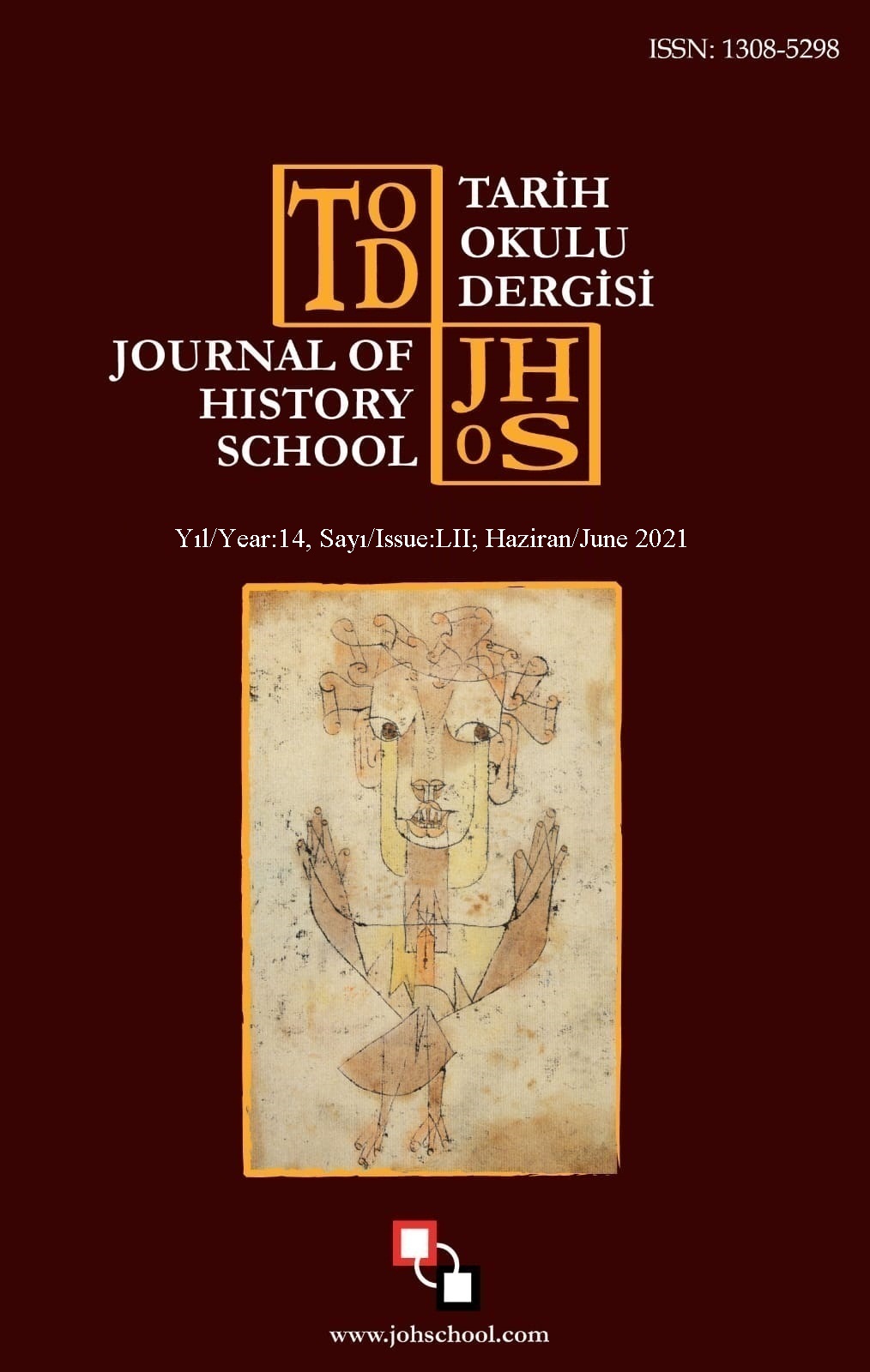Author :
Abstract
Bu çalışmanın amacı Türkiye’de siyasi partilerin din alanıyla ilgili nasıl bir siyaset izlediklerini ve bu alanla ilgili siyasetlerini yaparken Kemalist ideolojiden nasıl etkilendiklerini ortaya koymaktır. Bu kapsamda öncelikle Kemalist ideolojinin dine yönelik yaklaşımı ve laiklik anlayışı ele alınmıştır. Ardından Cumhuriyet döneminde etkili olmuş siyasi partilerden Cumhuriyet Halk Partisi’nin, önemli merkez sağ partilerin ve milli görüş partilerinin din siyasetleri ele alınmıştır. Çalışma kapsamında bu partilerin programları, dinle ilgili söylemleri ve bu alanla ilgili icraatları incelenmiştir. Bunlarla birlikte konuyla ilgili diğer kaynaklardan da yararlanılmış ve elde edilen veriler yorumlanarak sonuçlara ulaşılmaya çalışılmıştır. Yapılan çalışma sonucunda Türkiye’de din ve siyaset ilişkisine dair üç bakış açısının olduğunu ve siyasi partilerin din siyasetlerinin bu bakış açılarına göre şekillendiği tespiti yapılmıştır. Ancak Kemalist ideolojinin ve bu ideoloji doğrultusunda oluşmuş laiklik anlayışının baskın anlayış olduğunu, bu ideolojiye ve laiklik anlayışına sahip kurumların çeşitli şekillerde diğer partilere müdahale ettiklerini, bu nedenle Cumhuriyet Halk Partisi hariç, diğer partilerin din siyasetlerini istedikleri şekilde belirleyemedikleri sonucuna ulaşılmıştır.
Keywords
Abstract
The purpose of this study is to put forward how political parties in Turkey follow regarding the religious field, and how they are affected by Kemalist ideology while doing their politics in this field. In this context, first of all, the approach of Kemalist ideology towards religion and the understanding of secularism were discussed. Then, the religious policies of the Republican People's Party, important center-right parties and national vision parties, which were influential in the Republican period, were discussed. Within the scope of the study, the programs of these parties, their discourses on religion and their actions in this field were examined. In addition to these, other sources related to the subject were also used and the results were tried to be reached by interpreting the obtained data. As a result of the study, it was determined that in Turkey there are three perspectives on the relation between religion and politics, and political parties’ religious politics are shaped according to these viewpoints. However, it was concluded that the Kemalist ideology and the understanding of secularism formed in line with this ideology were the dominant understanding, that institutions with this ideology and secularism were interfering with other parties in various ways, and therefore, other parties, except the Republican People's Party, could not determine their religious policies in the way they wanted.





